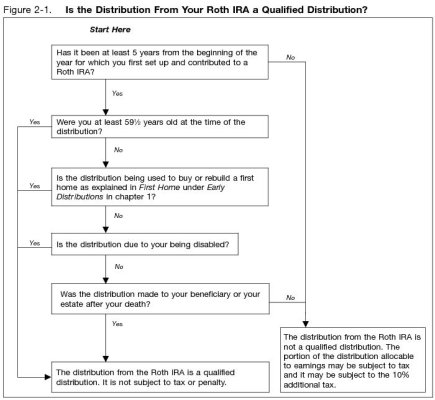Not sure what you mean by the first sentence ............you can convert xx$
and recharacterize any portion of that up to the full amount. Sometimes multiple accounts are suggested so that you can pick and choose what to recharacterize based on performance of different securities.....bad ones go and good ones stay.
Example: You convert $10k to an existing RIRA account with $20k already in the account. RIRA has multiple investments, but you stick the $10k in security xyz. You find security xyz's martket value has declined to $5k. You find the market value of the entire RIRA on the day of recharacterization to still be $35k. You do worksheet 1-3 on pg 29 of pub 590 to find you have to recharacterize $5714 to "undo" the initial $10k conversion. That means, $714 of already taxed money will be moved back into the TIRA and you will have to pay taxes on it again.
If the opposite of this happens, your conversion amount holds value and your previous amount in the account decreases, it can work for you.
I apologize if I wasn't clear earlier.
It does seem simpler to just open new accounts and roll them over once your trickeration is over with. If you call that simple.
Further reading...
Recharacterization Blues

